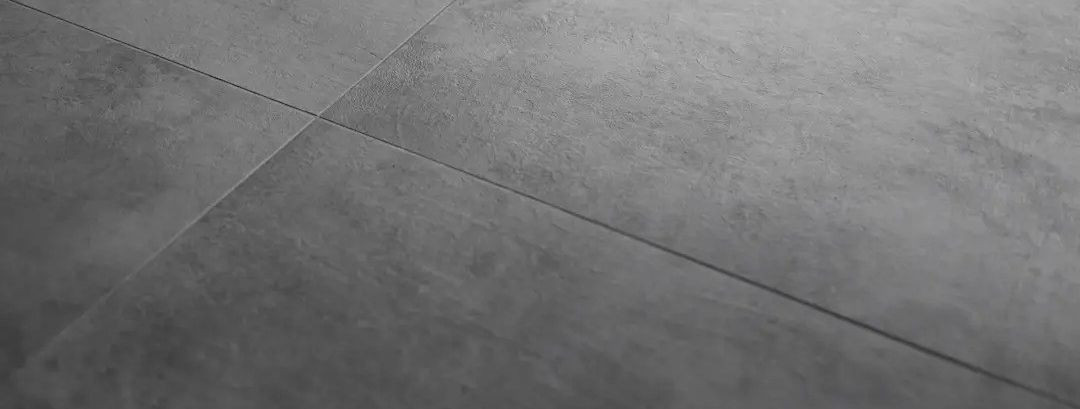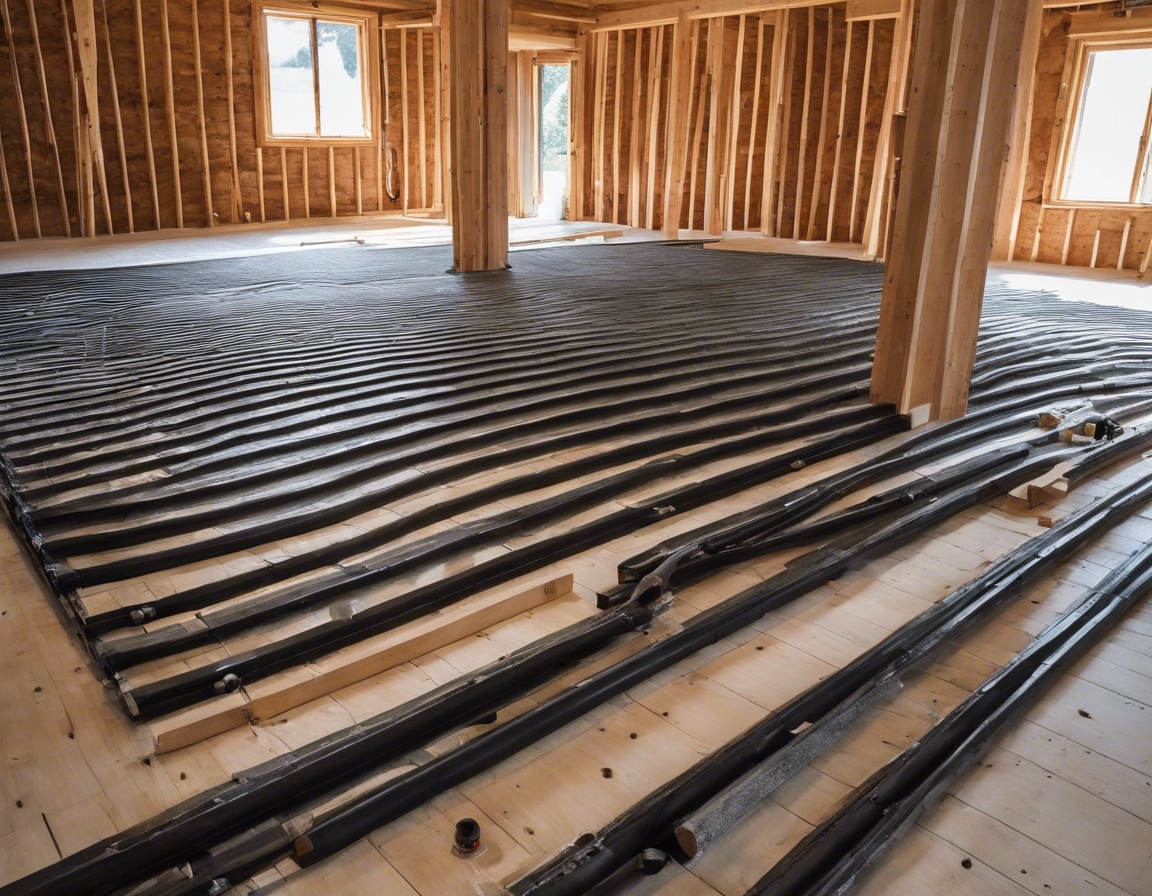The future of flooring: why gypsum casting is taking over
Gypsum casting is a revolutionary flooring technique that involves the use of gypsum, a naturally occurring mineral, as the main component in creating floor surfaces. This method has gained significant traction due to its numerous benefits over traditional flooring materials.
As homeowners, contractors, and architects seek more efficient, durable, and sustainable flooring options, gypsum casting has emerged as a leading solution. Its ability to meet the demands of modern construction and renovation projects has positioned it at the forefront of the flooring industry.
Advantages of Gypsum Casting for Flooring
Gypsum floors are known for their excellent thermal conductivity, making them ideal for regions that require efficient heating systems. This property ensures that heat is evenly distributed across the floor, enhancing the performance of radiant heating systems and contributing to a comfortable indoor environment.
The compatibility of gypsum casting with radiant heating systems is a significant advantage. It allows for a seamless integration that not only prevents cracking but also optimizes the heating efficiency, addressing one of the main pain points of our target audience.
Gypsum casting floors are highly durable and can withstand the rigors of daily use without showing signs of wear and tear. This strength ensures a long-lasting floor that homeowners and professionals can rely on.
One of the most compelling reasons for the shift towards gypsum casting is its environmental friendliness. Gypsum is a sustainable material that can be recycled, reducing the environmental impact of flooring installations.
With gypsum casting, the design possibilities are virtually limitless. It can be finished in a variety of textures and colors, allowing for customization that can fit any aesthetic preference.
Technical Aspects of Gypsum Casting Flooring
The installation of gypsum casting flooring is straightforward and efficient, which can significantly reduce construction timelines. This process also allows for a level of precision that is difficult to achieve with other materials.
Maintenance of gypsum floors is minimal, and when properly cared for, these floors can last for decades, providing a cost-effective solution for both residential and commercial properties.
Gypsum Casting vs. Traditional Flooring Materials
When compared to concrete, gypsum casting offers a lighter weight solution with better thermal properties, making it a more practical choice for many building projects.
Unlike wood and laminate, gypsum casting does not expand or contract with temperature changes, which eliminates the risk of warping and ensures a stable floor surface.
Gypsum casting provides a more uniform heating surface compared to ceramic tiles, which can have cold spots due to their installation method and material properties.
The Role of Gypsum Casting in Sustainable Building Practices
Gypsum casting contributes to energy-efficient building practices by enhancing the effectiveness of heating systems and reducing the need for additional heating sources.
The use of gypsum, which can be sourced from recycled materials, plays a significant role in resource conservation within the construction industry.
As a natural material, gypsum does not emit volatile organic compounds (VOCs), contributing to better indoor air quality and a healthier living environment.
Future Trends in Gypsum Casting Flooring
Research and development are continuously improving gypsum formulations, making them even more suitable for a wide range of applications and environmental conditions.
The integration of gypsum casting flooring with smart home technology is an emerging trend that promises to enhance the functionality and convenience of this flooring solution.
As the benefits of gypsum casting become more widely recognized, its adoption is expected to grow, leading to a significant expansion in the global market.






Comments (0)